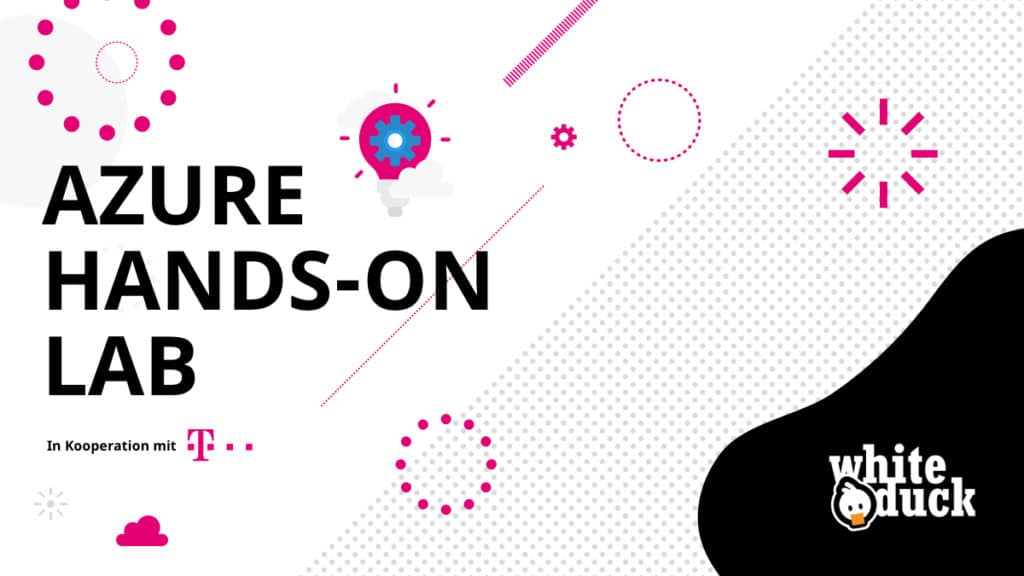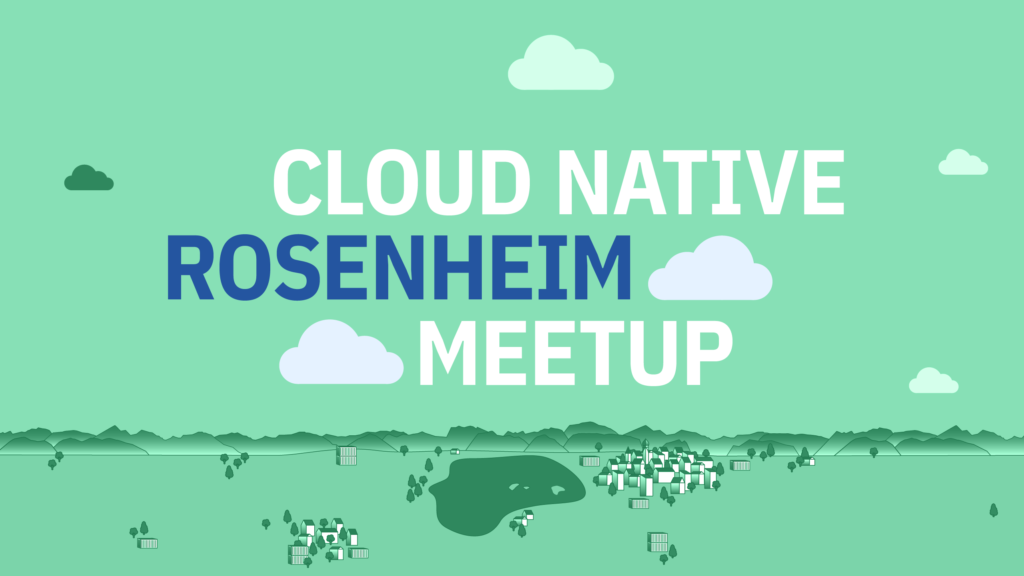Monthly Azure news February 2022
Dear Cloud Native enthusiasts, in the February issue of our Monthly Azure news, read about some public and private previews as well as general availabilities in Azure Functions, Azure tags support in AKS, Alert processing rules in Azure Monitor, and more.
Custom virtual network support in Azure Container Apps
Microsoft has announced that the Azure Container Apps service can be deployed into Azure Virtual Network. This allows isolating applications from the public internet. While creating an Azure Container Apps service, you now have the option to specify your own virtual network. For this, you will need two subnets. The control plane subnet as well as the app subnet. The control plane subnet provides the IP addresses for connecting from the internal network to components of the Azure Container Apps control plane and the application containers. You have to choose between external and internal access. Choosing external means that the environment will be accessible via an Azure Public IP address. Internal access means to isolate your environment from the public internet and the public IP addresses will only be used by outbound connectivity.

Powershell support for Azure Functions in combination with Linux is now general available
With Azure Functions, you are able to deploy and execute code following the serverless pattern. Powershell is a shell and scripting language based on .NET.
With the new release, Azure functions now support PowerShell not only on Windows but also Linux Systems. For more information visit this site.
AKS cluster persistent volume backup is now in preview
Persistent volume within Azure Kubernetes Service can now be backed up via the Azure Backup service by leveraging the new private preview feature. To enable this you will have to register via this form.
Benefits of using this service are easy recovery from data loss and corruption, easy cloning or replicating volumes as well as individual configuring backup processes for the persistent volumes.
Kubernetes v1.23 support in AKS in public preview with 47 enhancements
According to the Kubernetes release post, this release consists of 47 enhancements: 11 enhancements have graduated to stable, 17 enhancements are moving to beta, and 19 enhancements are entering alpha. Also, 1 feature has been deprecated. We also talked about Kubernetes 1.23 features during our last Cloud Native Rosenheim Meetup. The replay is available here.
CIS benchmarks for AKS is now available
The Azure Kubernetes Service now meets the criteria of the Center of internet security (CIS). Therefore, it is compliant with different SOC, ISO, PCI, DSS, and HIPAA standards. Feel free to try the service and be sure to have a high level of security while doing it. For more information on the benchmark visit this page.
Azure tags support in AKS
Tags in Azure help to organize your resources and services. They provide an overview regarding cost, environment but also usage and responsibility. Tags can now be used with the Azure Kubernetes Service and related resources.
Azure Tables extension for Azure Functions in public preview
Azure Tables can now be used as an extension with Azure Functions by using the following NuGet package in a preview version. It is recommended to upgrade Microsoft.Azure.WebJobs.Extensions.Storage to version 5.0.0 or later to use this preview feature. Azure Functions uses triggers and bindings to integrate with Azure Tables. Via the Tables API, it is possible to read and write data. Further information can be found on this site.
Alert processing rules in Azure Monitor now in GA
As of 01.12.2021, the Azure action rules are renamed to alert processing rules. Basically, those rules provide processes that are called after an Azure Alert is triggered. Information on that can be found on this site.
As a consequence, the preview API for alert processing rules is about to retire in June 2022. Also, changes for the service limits were announced and can be checked out following this link.

Easy discover Resource configuration changes
With the Azure Resource Graph, you can easily get informed about any changes and connected details on your environment and resources following the information given on this page.
This public preview iterates on the previous Resource Changes API with an entirely new pipeline that stores changes as extension resources at change time, enabling you to query changes to your Azure resources at scale through Resource Graph. In addition, this support includes the ability to craft charts and pin results to Azure dashboards based on specific change queries.
Microsoft
Application Gateway mutual authentication now in GA
The Azure Application Gateway now supports certificate-based mutual TLS authentication. This enables us to use client authentication with the Application Gateway. Mutual authentication is for example well suited to increase the security of your IoT services.
Azure Red Hat OpenShift support for OpenShift 4.9 is in GA
Azure Red Hat OpenShift support for OpenShift 4.9 is now generally available. This release uses Kubernetes 1.22 with the CRI-O container runtime.
Learn more about what’s new at the Red Hat OpenShift 4.9 release notes. Learn more about the Azure Red Hat OpenShift release schedule.
Azure Cosmos DB API for MongoDB supports version 4.2 is in GA
Client-side field encryption is an improved security feature of the Azure Cosmos DB API for MongoDB version 4.2. It also has new aggregation functionality. These help you accelerate development by leveraging the new functionality instead of developing it yourself. The Azure Cosmos DB API for MongoDB 4.2 can be enabled in the Azure Portal with any new or existing database account in seconds, with zero downtime.
Join us: Azure Hands On Lab deep dive workshop for the development of cloud native apps

Azure Hands-On Lab virtual workshop offers you all best practices related to the development of cloud native apps. You can visit this page and register for free. We would be happy to host you on one of the following dates: March 17, April 7 or May 5, each starting at 09:00 am.
